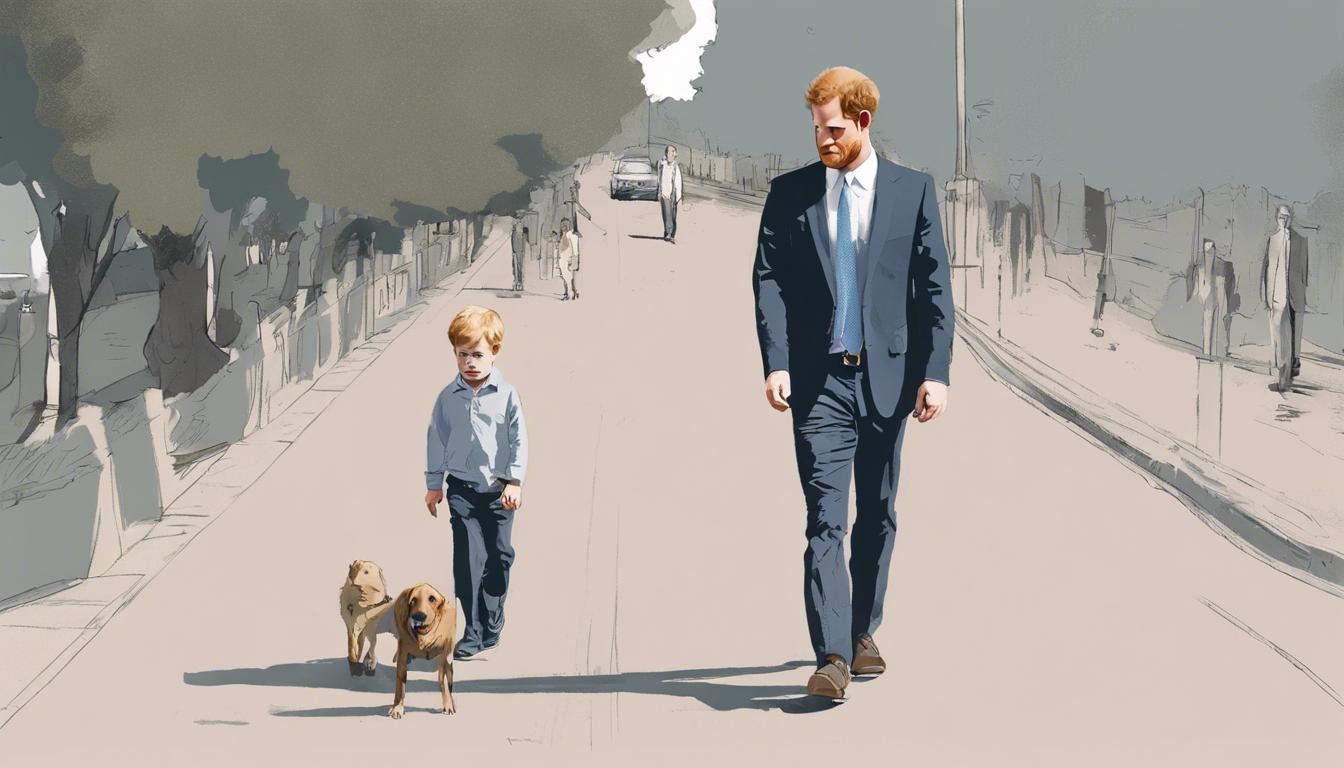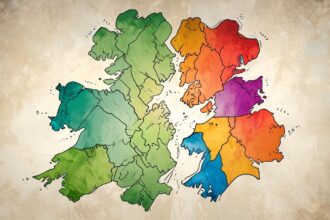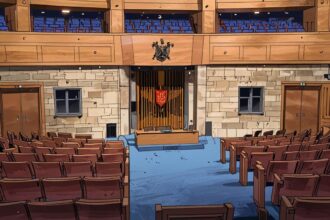Prince Harry is set to return to the UK without his family amidst news of Princess Kate’s cancer diagnosis, illuminating royal family dynamics and public support during this difficult period.
Prince Harry is planning a return to the UK for a solo visit amid news of Princess Kate’s cancer diagnosis, sparking conversations about royal family dynamics during this challenging period. His visit in May comes at a time when his brother, Prince William, now the Prince of Wales, and Princess Kate are focusing on her health, with no scheduled meetings between the siblings. Due to issues related to police protection, Meghan Markle and their children are not expected to accompany Harry.
Princess Kate, facing a public battle with cancer, has called for privacy as she undergoes treatment, a plea that has garnered global support. The announcement has led to scrutiny of the relationships within the Royal Family, particularly regarding Prince Harry and Prince William’s strained ties. Reports indicate Harry and Meghan were informed of Kate’s diagnosis through media, adding to the ongoing discussions about family communication.
In the midst of this, King Charles has expressed optimism about his own cancer treatment, planning to attend key royal events such as the Easter Sunday service, demonstrating his commitment to his royal duties despite health challenges.
Controversy arose from Princess Kate’s uncle, Gary Goldsmith, for his remarks about Meghan Markle, which he later apologized for, highlighting additional family tensions during this time. This apology came as the royal family, and particularly Kate’s immediate family, rally around her during her treatment.
Amidst Kate’s health news, voices from outside the royal sphere, like Linda Nolan, have called for empathy and support towards those battling cancer, underlining the human aspect overshadowed by public scrutiny. Nolan’s own fight with cancer brings a poignant reminder of the personal battles faced, regardless of public status.
As the Royal Family navigates these health issues and public interest, the complexity of their relationships and the need for privacy and support during trying times are brought to the forefront.













